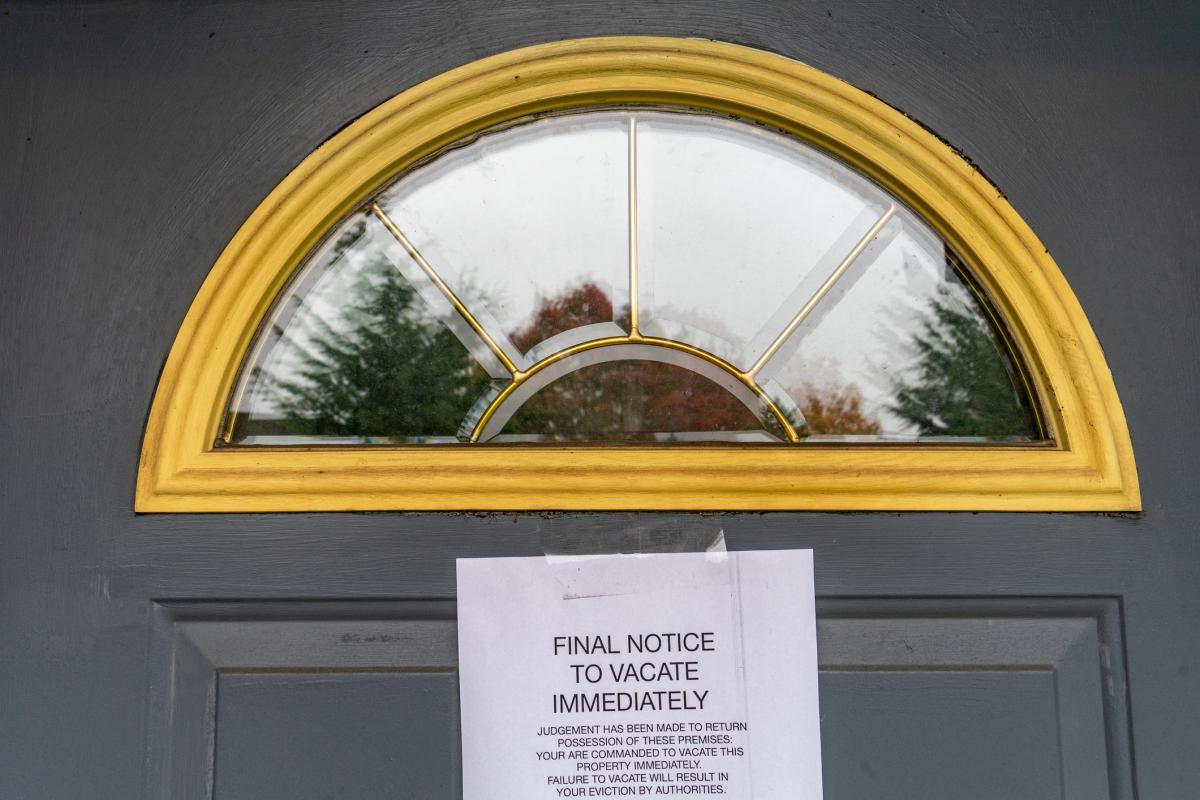Maximizing Your Tax Refund: A Strategic Approach to Paying for Bankruptcy Filing
Submitted by the Bond & Botes Law Offices - Thursday, February 29, 2024
.jpg)
The decision to file for bankruptcy is often fraught with anxiety and financial uncertainty. Yet, it can provide a fresh start for those overwhelmed by debt. One of the practical concerns about bankruptcy is the cost involved in filing. Interestingly, your annual tax refund, an often-overlooked asset, can be a strategic resource in this process.
BOND, BOTES & WOODS, P. C. IS PLEASED TO ANNOUNCE THE ASSOCIATION OF A NEW ATTORNEY IN OUR LAW FIRM
Submitted by the Bond & Botes Law Offices - Thursday, February 15, 2024

Perry Littlefield received his undergraduate degree in History and Archeology from the University of Mississippi and his Master of Arts degree in Bible Languages (Hebrew and Greek) from the Oxford Baptist Institute. He received his law degree from the University of Mississippi School of Law in May 2015.
Bond, Botes, Sykstus & Tanner, P.C. is pleased to announce the association of two new attorneys with our law firm.
Submitted by the Bond & Botes Law Offices - Thursday, January 18, 2024
By Bradford W. Botes
Searches for "Give Back My Car" are Surging
Submitted by the Bond & Botes Law Offices - Tuesday, November 28, 2023
According to Google Trends, searches for “Give Back My Car” and “Voluntary Repossession” have doubled in the last 6 months. This after hitting a low point since the pandemic. There could be many reasons for this, inflation costs surrounding food and housing, overpricing cars when the dealer inventories were low in 2021 & 2022, or being tremendously upside down (owing much more than the car is worth).
Navigating the Holidays: Budgeting Tips and When to Seek a Bankruptcy Attorney
Submitted by the Bond & Botes Law Offices - Monday, November 20, 2023

The holiday season is a time of joy, festivities, and unfortunately, financial stress for many. As we dive into the season of giving, it’s crucial to approach it with a well-thought-out budget to avoid potential financial pitfalls.
Security Clearances and Initial Disclosures on the SF 86 and Self-Reporting Issues While Holding a Security Clearance
Submitted by the Bond & Botes Law Offices - Thursday, October 19, 2023

The basis for issuing a security clearance in our country is predicated on full, open disclosure and detailed vetting. With that said, I always advise security clearance applicants that, if the government discovers that you have lied or made a misstatement or misrepresentation on the SF 86 form (previously completed through the e-Qip system and soon through the NBIS eApp portal), it is highly unlikely that you will EVER qualify for a security clearance in the future.
HOME FORECLOSURE IN MISSISSIPPI
Submitted by the Bond & Botes Law Offices - Wednesday, October 18, 2023

In Mississippi, mortgage holders can foreclose on mortgage or deeds of trust that are in default. The mortgage lender will usually begin the foreclosure on mortgage or deeds of trusts that are in default. The mortgage company will usually begin the foreclosure process after 120 days missed payments. The mortgage company can use either judicial or non-judicial foreclosure process.
Navigating Bankruptcy in Alabama: Finding the Right Bankruptcy Attorney
Submitted by the Bond & Botes Law Offices - Monday, October 16, 2023

When financial difficulties become overwhelming, seeking the assistance of a skilled bankruptcy attorney can be the key to a fresh start. Whether you’re an individual struggling with mounting debts or a business owner facing financial challenges, bankruptcy may provide a path to financial recovery. In this blog post, we’ll explore how bankruptcy works in Alabama
?Security Clearances and Debt Settlement Plans
Submitted by the Bond & Botes Law Offices - Thursday, September 28, 2023

This is a recurrent ad for debt settlement companies that advertise services to help people resolve debts:
“Call our 800 phone number now and we can negotiate with your creditors under a little-known government program that will reduce your credit card debt and it is the secret that the credit card companies don’t want you to know.”
Foreclosure in Alabama
Submitted by the Bond & Botes Law Offices - Monday, September 25, 2023

Alabama foreclosures account for 19.1% of all home sales each month, with an average home value of around $93,000. The foreclosure process in Alabama is short and can be completed in less than 60 days. Alabama is a non-judicial foreclosure state.

 1-877-581-3396
1-877-581-3396

